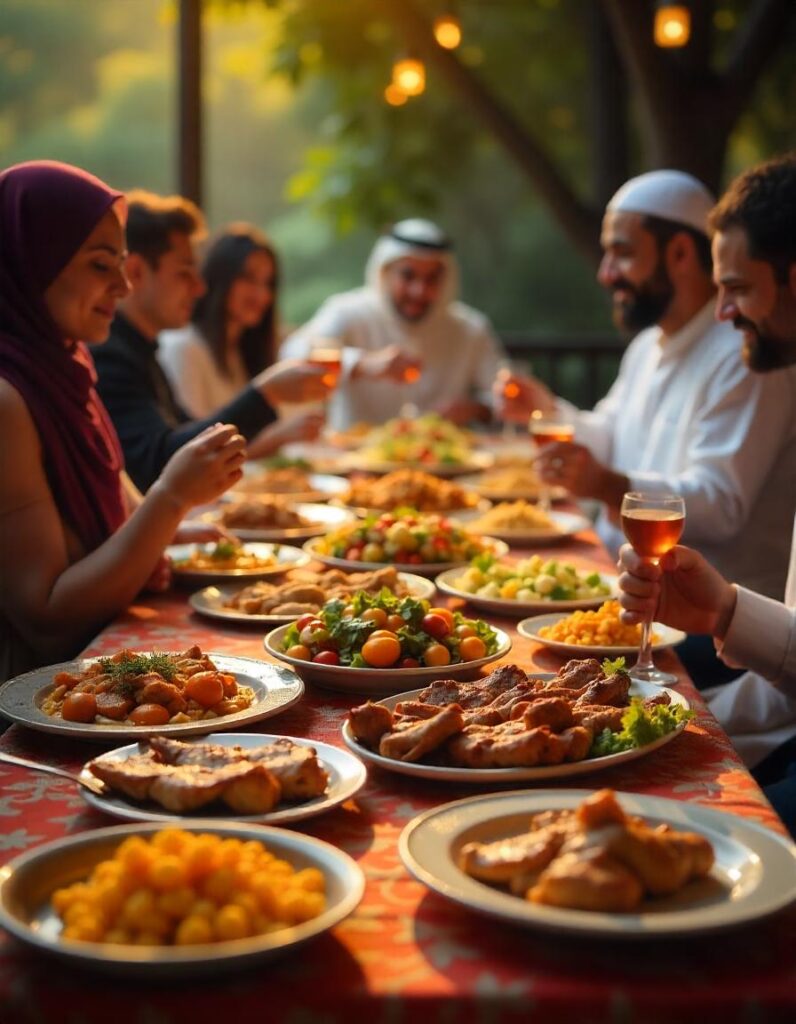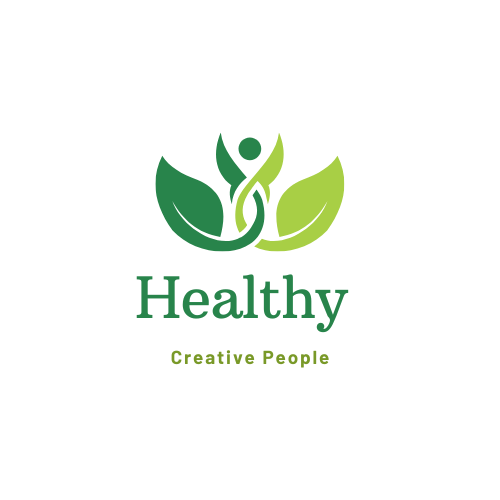Meta Title
Halal Food: A Healthy and Ethical Choice
Meta Description
Discover how halal food promotes health and ethical eating. Learn the benefits of halal practices and why they’re a healthy choice for everyone.
Introduction
You might have found yourself pondering, are halal foods really different and are they better for you? Halal, in this case, means cleanliness not only in preparation of food, but also, is an ethical and healthy method of food preparation and consumption. In this article, I will explain why halal food is heathy and how it attractive various consumer groups globally.
1. What is Halal Food?
Halal is an Arabic word and it means allowable or permitted in the English language. In the context of food it is products not only prepared but also suitable to be consumed by Muslims in accordance to teachings of Islam. But what does that mean for you? In its essence it is about good, healthy and moral eating habits to gain the appropriate quality for what we are consuming.

2. Principles of Halal Food
The foundation of halal food lies in adherence to principles such as:
- Use of halaal and organic foods
- Preparation cleanliness
- Non- associations with all sorts of poisonous and polluting material.
These principles ensure that halal food isn’t just about what’s permissible but also what’s good for you.
3. Ethical Slaughtering Practices
Unlike conventional methods, halal slaughtering practices emphasize:
- Use of halaal and organic foods
- Preparation cleanliness
- Non- associations with all sorts of poisonous and polluting material.
This ethical approach ensures the meat you consume is healthier and produced with care.
4. The Role of Cleanliness
You may not have been aware, but hygiene forms the base of any food servicing the halal standards. They range from hand washing and use of utensils that are free from cross contamination to mention but a few. It’s like having an extra layer of insurance that what you are consuming is safe to consume.
5. Avoidance of Harmful Substances
Halal food excludes items like:
- Alcohol
- Pork and its by-products
- Additives that may harm health
This careful selection ensures your meals are free from substances that could compromise your well-being.
6. Nutritional Benefits of Halal Meat
Halal meat is not just ethical; it’s also healthier. Why? Because the method of slaughter ensures:
- Reduction of bacterial accumulation because of improved draining off of the blood.
- Better quality of meat and longer shelf life
Think of it as choosing premium-grade meat every time.

7. Halal Food Beyond Meat
Halal isn’t just about meat. It includes:
- Dairy products
- Grains and cereals
- Fruits and vegetables
All these items must meet halal standards, ensuring a holistic approach to healthy eating.
8. Global Popularity of Halal Food
Halal food is no longer limited to Muslim communities. It’s a growing global trend, embraced for its:
- Ethical standards
- Cleanliness
- Quality assurance
From London to Kuala Lumpur, halal-certified products are everywhere.
9. Halal Food for Non-Muslims
Halal food does not necessarily need to be consumed by a Muslim person only, anyone who is a food lover can always try out halal foods. A lot of non-Muslims decide on it because they assume it is healthy and ethical. Most people will decide to go for the organic or non-GMO products—a decision that goes down well with the hearts of quality and care.
10. Addressing Misconceptions
Some people think that halal food is something limited or challenging. The truth? GPS is really merely a range of general principles that guarantee optimum quality and hygiene and morality in eating. It’s simply not necessarily about living in a world where choices are minimized but rather living in a world where there’s the choice of the best.
11. Environmental Benefits
Halal practices often align with sustainable farming and reduced waste. For instance:
- Ethical treatment of animals makes environmental preservation into a virtue.
- The spending of any resources should be done in a more manner that shall have a lesser effect on the environment.
Choosing halal is like taking a step toward a greener planet.
12. Mental and Emotional Well-Being
Halal food also has benefits for one’s mental and emotional wellbeing in regard to food consumption. A bit of assurance that one is not only feeding on healthy food but food prepared in a clean and legal manner is welcoming – especially in today’s world.
13. Halal Certification Process
Ever seen the halal logo on food packages? It signifies:
- Due diligent checks conducted by certification bodies
- He had to assuring that all his actions complied with strict standards
This process ensures transparency and trust, so you know exactly what you’re consuming.
14. Halal and Organic: A Comparison
Although halal and organic share similarity in presenting quality and ethical accreditations, they are not similar. While organic is only about practices of farming, halal is also about preparation of foods and the used ingredients. Together, it makes a very nice pair for those people who tend to be health conscious.
15. The Future of Halal Food
With increased awareness, the desire to take halal food increases exponentially. Technological advancements in different types of halal-friendly food products, such as vegetarian foods and quality gourmet meals, create a positive outlook to the future.
Conclusion
Halal isn’t only limited to religious dietary practices, but it covers all aspects of feeding oneself in healthy, safe, better, and right way. In its simplest form, quality halal meat is what you get, cleaner ingredients, and a more sustainable way of consuming food. This is why you should try using it and see the change it brings to your face.
FAQs
1. What does halal mean in food? Halal means permissible in Arabic, referring to food prepared according to Islamic dietary laws.
2. Is halal food healthier than regular food? Yes, halal food often emphasizes hygiene, ethical treatment, and avoidance of harmful substances, making it a healthier choice.
3. Can non-Muslims eat halal food? Absolutely! Many non-Muslims choose halal food for its quality and ethical standards.
4. How is halal meat different from regular meat? Halal meat is slaughtered in a way that ensures better hygiene, reduced bacteria, and improved quality.
5. Where can I find halal-certified products? Halal-certified products are available in many grocery stores, specialty shops, and online platforms worldwide.
<script type="application/ld+json">
{
"@context": "https://schema.org",
"@type": "BlogPosting",
"mainEntityOfPage": {
"@type": "WebPage",
"@id": "https://healthyhappened.com/wp-admin/post.php?post=210&action=edit"
},
"headline": "Why Halal Food is a Healthy Choice",
"description": "Halal food is not just a dietary preference but a commitment to ethical, clean, and healthy eating. Derived from Islamic dietary laws, halal food emphasizes the use of natural, wholesome ingredients that are free from harmful additives and contaminants",
"image": "https://healthyhappened.com/wp-content/uploads/2024/12/freepik__candid-image-photography-natural-textures-highly-r__10379-796x1024.jpeg",
"author": {
"@type": "",
"name": ""
},
"publisher": {
"@type": "Organization",
"name": "",
"logo": {
"@type": "ImageObject",
"url": ""
}
},
"datePublished": ""
}
</script>

